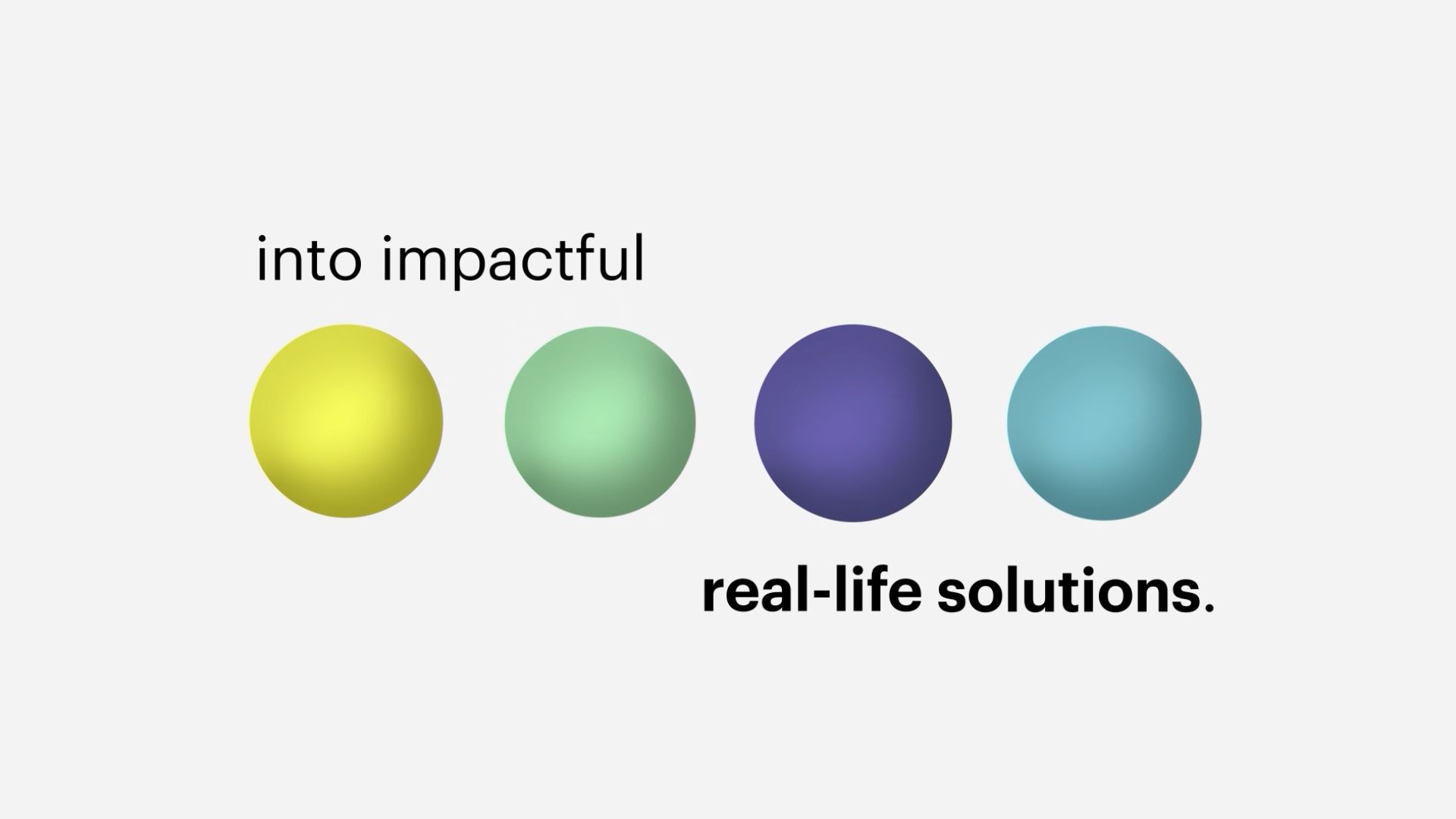A new study published this week in the journal Vaccine by the Global Vaccine Data Network uses real-world health data from 230 million individuals worldwide to analyse the relationship between COVID-19 vaccination, SARS-CoV-2 infection and Guillain-Barré (GBS) syndrome, a rare neurological condition.
Why post-marketing monitoring of vaccines matters
Ongoing vaccine surveillance is critical to ensuring the continued monitoring of safety and effectiveness of vaccines. It helps identify rare side effects, also known as “secondary” effects, and ensures that vaccines remain safe and effective for the general population through gathering real-world evidence. Guillain-Barré Syndrome (GBS) is a rare neurological disorder with a global incidence of 1 to 4 cases per 100,000 people annually. It is commonly triggered by infections such as Zika virus, influenza, and SARS-CoV-2 (which causes COVID-19 disease). While some research has suggested a possible increased risk of GBS following vaccination, this study aimed to evaluate and compare the potential health risks associated with COVID-19 disease and those following COVID-19 vaccination.
Study overview and findings
The study analysed data from more than 230 million individuals across 20 sites worldwide including Africa, Asia, Australia, Europe, and the Americas. Using advanced epidemiological methods, the researchers found 3 key results:
– COVID-19 infection increases the risk of GBS
– An increased risk of GBS following adenoviral vector COVID-19 vaccines
– an “adenoviral vector vaccine” is a type of vaccine in use for decades which uses a modified, harmless adenovirus to transport the genetic material for your body to generate an immune response, creating protective cells and antibodies which protect you from subsequent infection.
– No increased risk of GBS following mRNA vaccines or inactivated vaccines
– mRNA vaccines use only the COVID-19 genetic material to stimulate a safe immune response
– inactivated vaccines use a safe, non-infectious version virus to stimulate a safe immune response
What do these findings mean?
These findings from a large worldwide study suggest that mRNA and inactivated vaccines are not associated with any increased risk of GBS. In contrast, the health risks from SARS-CoV-2 infection, including the potential to trigger GBS, are significantly higher. This highlights the importance of mRNA vaccines as safe tools in the ongoing fight against COVID-19.
Large-scale, real-world surveillance studies like this one allows us to ensure vaccines are as safe and effective as possible to protect us from harmful infections including SARS-CoV-2.
What is Teamit’s role?
Teamit Institute is a member of the GVDN through VAC4EU and plays an active role in the scientific management of real-world evidence (RWE) studies. As part of this collaboration, Teamit contributed to supporting the coordination of the study in collaboration with GVDN and VAC4EU teams and to the timely reporting of key findings from international safety surveillance studies.
Read the full paper in the journal Vaccine.
Read more about Teamit’s expertise in real world evidence studies.




